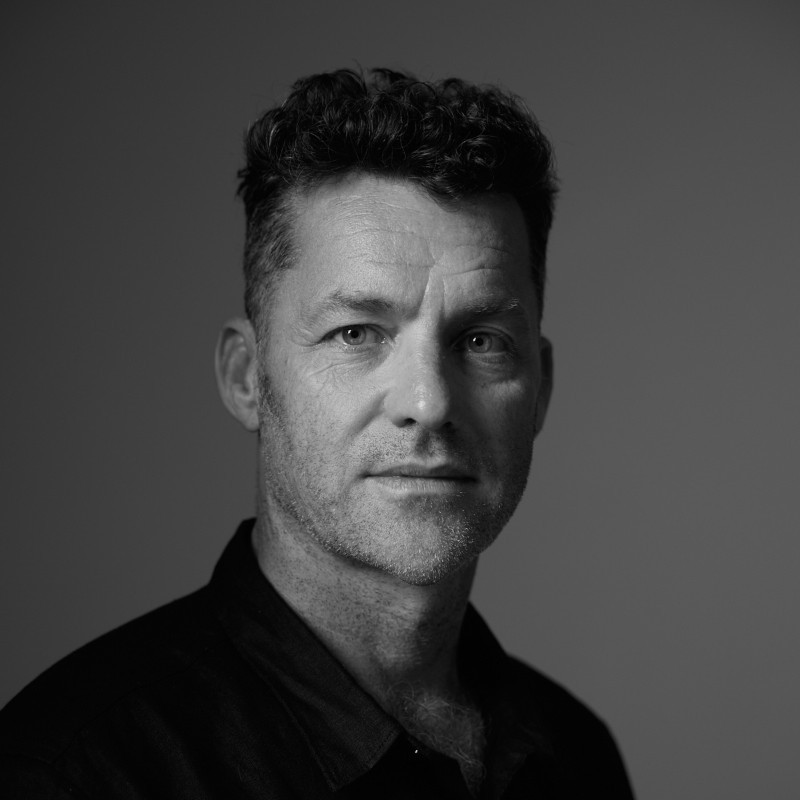
ASKING FOR A FRIEND
How to address a supervisor who seems nice in private but doesn't support or credit you in public?
ASKING FOR A FRIEND - QUESTION
Few workplace dynamics are as frustrating as a supervisor who’s encouraging behind closed doors but forgets your contributions in public. This piece explores why supervisors might behave this way and offers practical, actionable advice on addressing it. With insights from a mental health professional and creative industry leaders, you’ll find guidance on how to advocate for yourself and your work, so you’re recognised for what you contribute – not just when it suits someone else.
There’s a special kind of workplace frustration that comes from having a manager who’s all smiles and encouragement when it’s just the two of you, but somehow develops selective amnesia about your contributions when there’s an audience. It’s like having a cat that purrs when you’re alone but pretends not to know you when guests come over – except this particular feline behaviour could be affecting your career prospects and sanity.
This question was answered by Aimee Davies – mental health educator and counsellor who helps creatives through The Hey Mate Project, offering niche therapeutic support to creative professionals and organisations, Simon Lee – Chief Creative Officer and joint owner of The Hallway, one of Australia’s leading independent agencies where he leads development of “Affective Ideas” that create positive impact for businesses and society, and Andy Wright – Host, Founder of Never Not Creative, CEO of Streamtime, and Co-Chair of Mentally Healthy, who champions making the creative industry kinder and fairer.
Start with documentation and direct conversation
Aimee’s first piece of advice is practical and essential: "I would take note of what you’re experiencing and really give very clear examples and if you’re open to it, have a conversation with this manager."
The documentation part is crucial. Without specific examples, the conversation can quickly become vague and defensive. Clear instances make it possible to have a productive discussion about patterns of behaviour.
"They may not even be aware they’re doing it, depending on their level of self-awareness and communication style," Aimee explains. Not all workplace behaviour is malicious – sometimes people genuinely don’t realise the impact of their actions.
Consider what might be driving their behaviour
Simon offers insight into the psychology behind this dynamic: "It can sometimes talk to what’s going on for them… if they’re taking credit for things in team meetings, maybe there’s a reputation issue they’re trying to manage, they feel like they’re not doing a good enough job and have to show people otherwise… maybe there’s some insecurity there as well."
Understanding the potential motivations doesn’t excuse the behaviour, but it can help you approach the conversation more constructively. If your supervisor is acting out of insecurity or external pressure, the solution might differ from a situation where they’re simply being exploitative.
Simon suggests: "That honest chat around being able to call it in and say, ‘Hey, this is how I’m feeling when this happens – is there a reason why? It doesn’t seem consistent with what you’re telling me in private.’"
Use your workplace network strategically
If you’re not comfortable raising it directly, Aimee recommends leaning on a mentor or trusted colleague: "See if they can see what you’re experiencing as well."
This isn’t about going behind your manager’s back – it’s about gaining perspective and possibly finding allies who can support you. Sometimes an outside observer can confirm you’re not imagining things.
"You can go down the HR or management route as well, but I would be really clear in documenting what you’re experiencing," Aimee adds. This escalation route exists for a reason but works best when you have clear evidence of the pattern.
Advocate for yourself and your contributions
One of the most important aspects is recognising your own value. Aimee emphasises: "It sounds like you’re delivering valuable pieces to these projects and you are a valuable member of that team, so it’s really important you advocate for yourself and ensure what you’re delivering is seen."
This might mean speaking up in meetings, sending follow-up emails that document your role, or having that direct conversation with your supervisor about recognition.
Understand the context of workplace hierarchies
Aimee acknowledges that "there are roles where people have to take the work of juniors or those in a lower-ranked role and then present it so it appears it’s all their work." This is a reality in many creative workplaces.
However, she notes, "sometimes it’s just a conversation about communicating where certain parts of the project came from." The issue isn’t necessarily that your manager presents your work – it’s whether they acknowledge your contribution.
Communicate your preferred management style
Aimee offers helpful advice for preventing this in future: "Communicate how you like to be managed or what you get out of it. For example, one of our team said, ‘I really thrive on feedback and being recognised for the work that I’m doing.’"
When you’re clear about what you need to do your best work – including credit – it’s easier for managers to deliver it.
The conversation is likely easier than you think
Simon’s broader point about difficult conversations applies: "The thought of going to have that conversation was far worse than the reality of doing it, and the longer I’m around, the more I realise how often the thought of the conversation is much, much worse."
When you’re trying to address this, the anticipation is often worse than the reality. Most reasonable managers, when presented with clear examples and a constructive approach, will want to fix the issue.
You deserve recognition for your work
Addressing a supervisor who seems nice in private but doesn’t support or credit you in public requires courage, documentation, and clear communication. Start with specifics, then consider a direct conversation.
Remember this behaviour might stem from their own insecurities rather than malice. Approach the discussion with curiosity about their perspective, while being clear about the impact on you.
If that doesn’t work, use your workplace network and formal channels as needed. You deserve to work somewhere your contributions are recognised and valued – not just when it’s convenient.
our guests
Industry Leader

Simon Lee
Enigma
Mental Health Expert

Aimee Davies
The Hey Mate Project
Host

